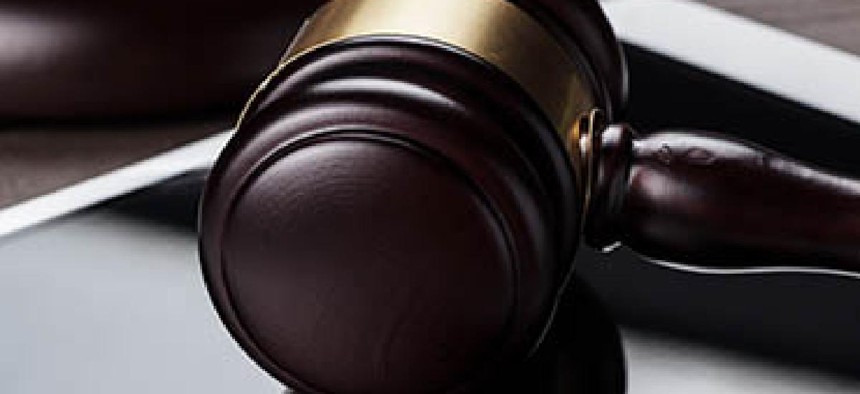Justice Dept. seeks new authorities to fight cybercrime

Agency argues legislation is needed to effectively prosecute new kinds of online fraud and abuse.

(Ruslan Grumble / Shutterstock)
The Justice Department and some lawmakers are concerned about potential gaps in the government's ability to prosecute cybercrimes under the Computer Fraud and Abuse Act, and are seeking to update the law to reflect the challenges of cyberspace.
The law dates back to 1986. "Technology has changed a great deal since then," said Sen. Lindsey Graham (R-S.C.) at a July 8 hearing of the Senate Judiciary Committee's Crime and Terrorism Subcommittee.
David Bitkower, deputy assistant attorney general in the Justice Department's Criminal Division, agreed. "We do have currently authorities and capabilities to address a vast array of cybercrime," he said, "but we have observed through prosecutions and investigations we've done that there are gaps in certain areas."
He added that a recent federal appeals court decision has led circuit courts to differ in their application of parts of the law. Additionally, some uses of technology by cybercriminals are not covered in the statute.
Security experts have expressed concerns about an Obama administration proposal that would target certain categories of insider threats by punishing individuals who exceeded their authorized access to a computer. The goal is to prosecute employees who use private information on their company or its customers for nefarious purposes.
However, security researchers said the measure could compromise their efforts to probe sites and services for weaknesses.
"We understand that creating a carve-out is a challenge as often researchers' efforts mirror those of cybercriminals, despite radically different intentions," said Jen Ellis, senior director of community and public affairs at security firm Rapid7. "We strongly urge the committee to consider this problem and whether there is a way to create an exemption for research, perhaps based around intent or outcomes."
Bitkower said the administration's efforts to update the law were not intended to apply to trivial or unknowing violations or to researchers or security professionals. "We're not interested in prosecuting those cases," he said.
The administration is also seeking to update the law by banning the sale or rental of botnets, giving the Justice Department the authority to seek injunctions in cases where 100 or more computers have been hacked and transformed into botnets. The proposed change would add the selling of illegal spyware as a predicate offence for money laundering, and allow officials to make forfeiture claims against spyware vendors.



